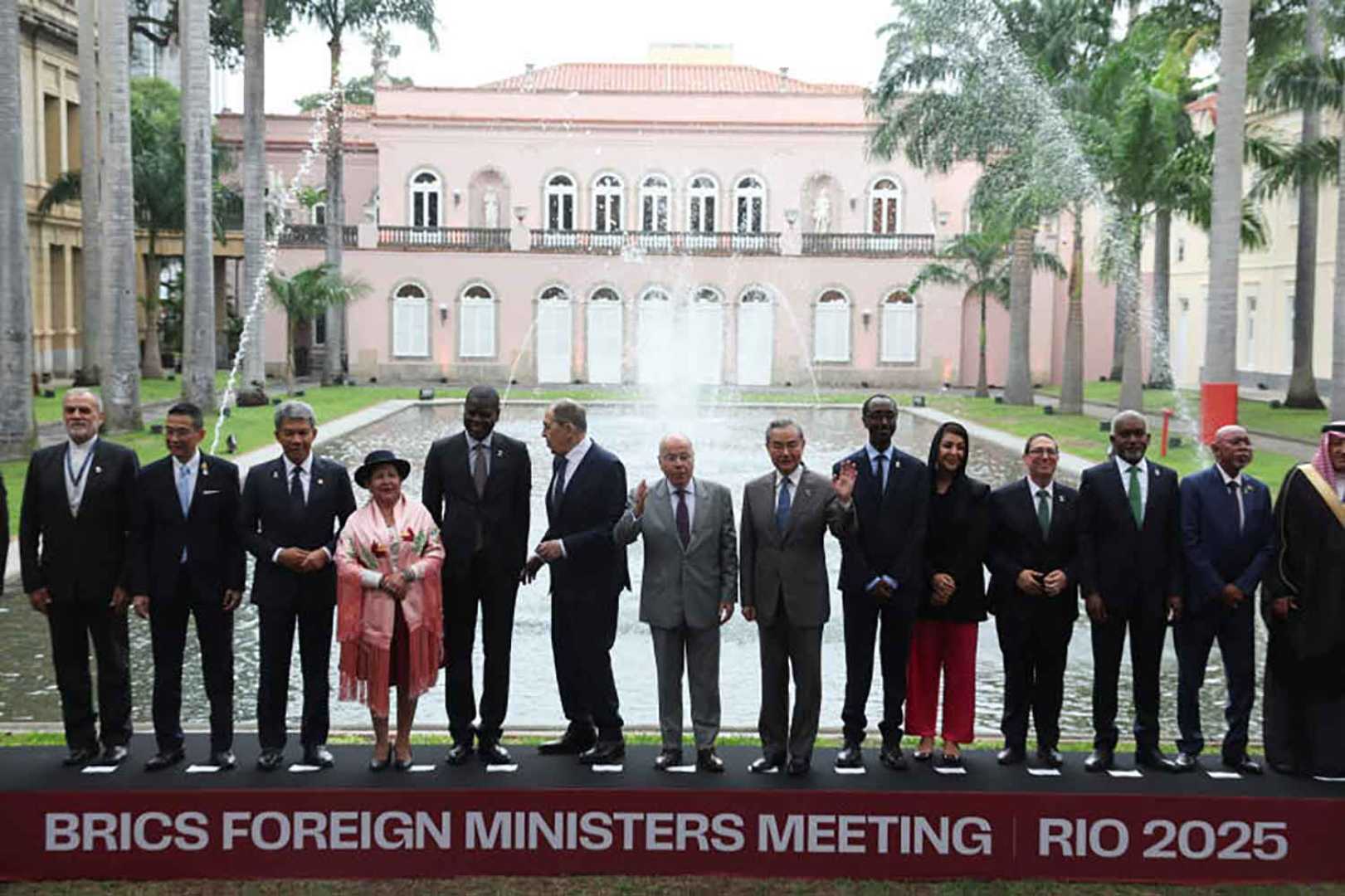World
BRICS Foreign Ministers Fail to Agree on Joint Communique in Rio

RIO DE JANEIRO, Brazil, April 29 (Reuters) – Foreign ministers from the BRICS group of developing nations met in Rio de Janeiro but could not agree on a joint communique during their gathering on April 28. This outcome revealed significant differences within the diplomatic bloc, even as Brazil, the chair, issued a statement condemning trade protectionism.
The statement expressed the group’s “serious concern” about a fragmented global economy and the decline of multilateralism. Although the message did not name the United States directly, it referenced concerns tied to President Donald Trump‘s protectionist policies, which have included unilateral tariffs.
The failure to reach a joint declaration surprised many, as a diplomatic source indicated that there were opportunities to resolve disagreements ahead of the BRICS leaders’ summit scheduled for July in Rio. The expanded BRICS, now including countries like Egypt, Saudi Arabia, the UAE, Ethiopia, Indonesia, and Iran, faces growing challenges from U.S. trade actions.
The foreign ministers voiced worries about unilateral protectionist measures that conflict with World Trade Organization (WTO) rules. The statement highlighted issues such as increased tariffs and non-tariff barriers. A participant in the negotiations noted that China, affected by significant tariffs in its trade war with the U.S., pushed for a stronger condemnation.
Brazilian Foreign Relations Minister Mauro Vieira acknowledged a consensus among the member countries expressed in the declaration, despite the final document being termed a chair statement rather than a joint statement due to unresolved issues. Notably, Egypt and Ethiopia did not agree to certain language proposing reforms for the United Nations Security Council.
This disagreement brings to light the complexities of the expanded BRICS, as new members with differing viewpoints highlight the challenges of reaching a consensus. A source indicated that as the group grows, it may require more effort to achieve agreement, but an expanded membership also holds greater potential for cooperation.
Ultimately, Brazilian diplomats emphasized the need for a unified stance against “unjustified” trade barriers, noting that the situation must not jeopardize the multilateral trading system.












